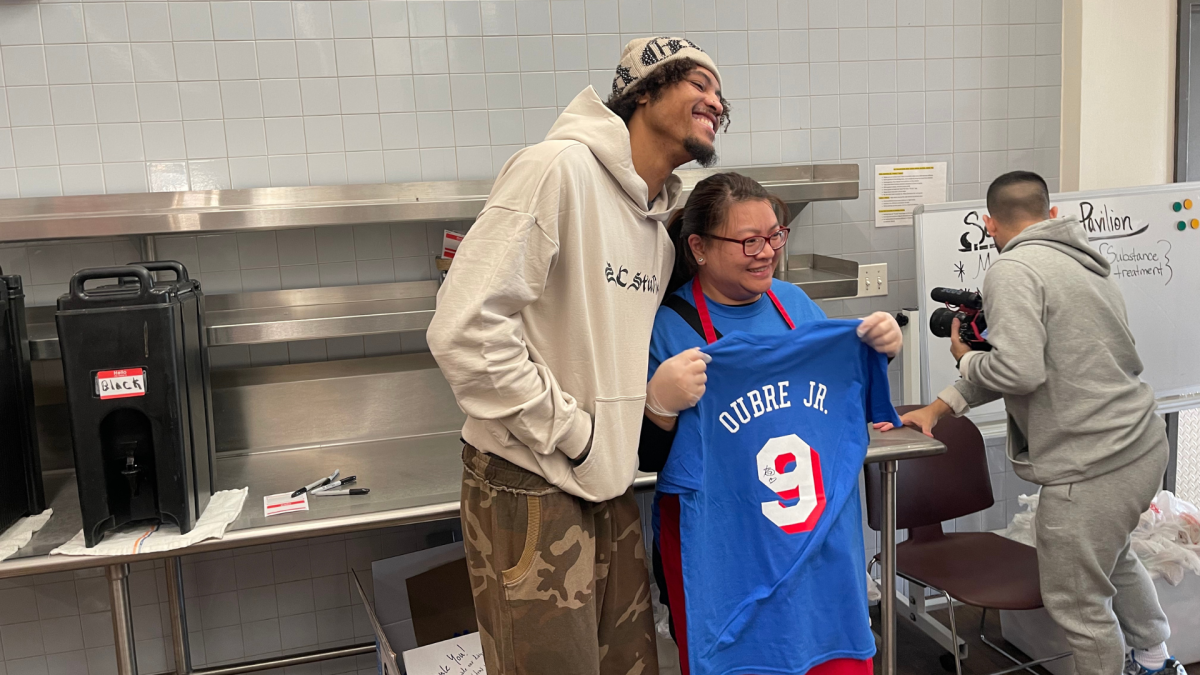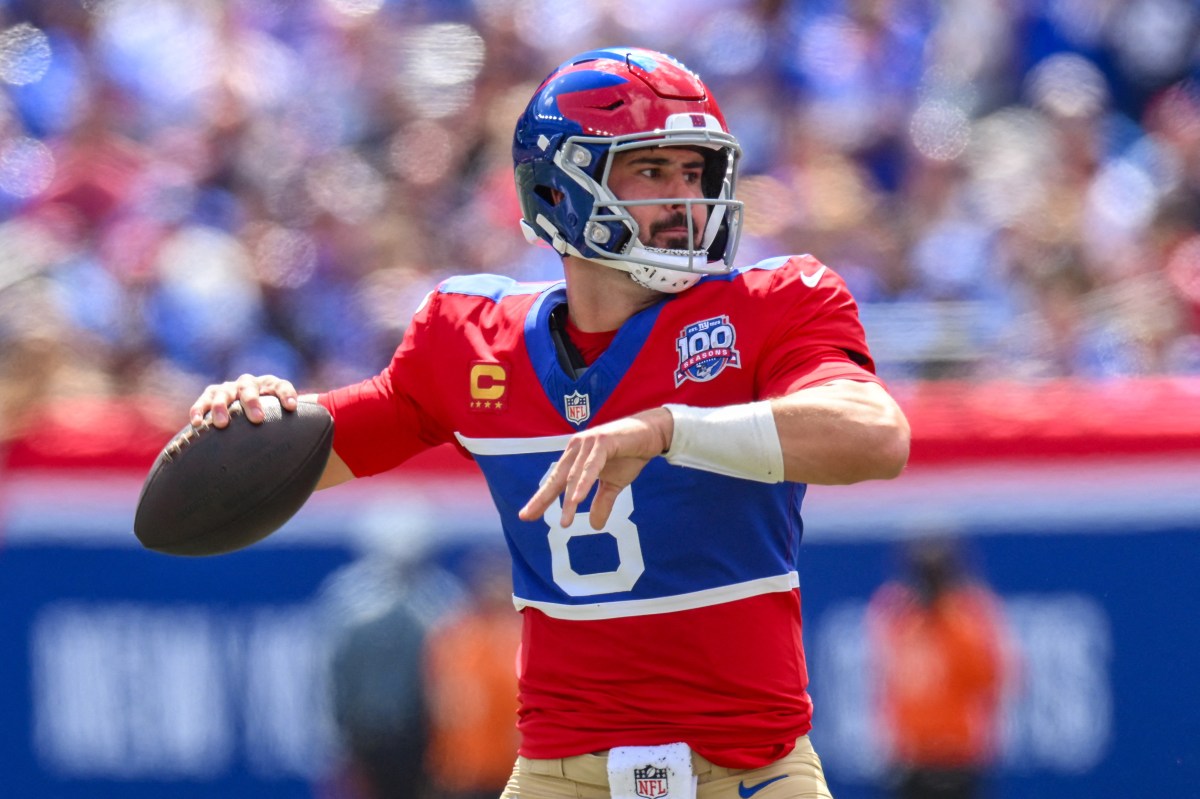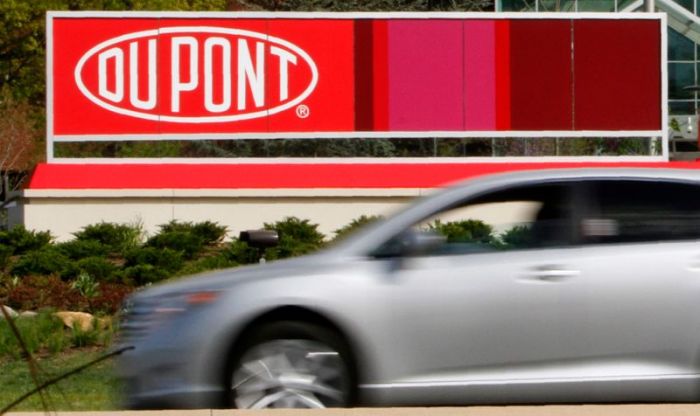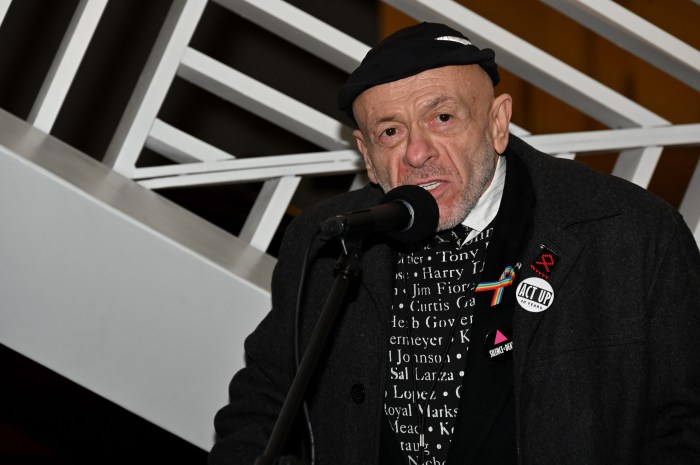(Reuters) – Oil producer ConocoPhillips <COP.N>, which is buying Concho Resources Inc <CXO.N> for $8.3 billion, posted a smaller-than-expected quarterly loss on Thursday as it benefited from a recovery in crude oil prices from pandemic-driven lows.
Oil prices began recovering in the third quarter after a number of countries started easing their months-long cornonavirus-led lockdowns, which has slammed fuel demand and forced some oil companies to merge for survival.
ConocoPhillips reported a loss of $450 million, or 42 cents per share, compared with third-quarter 2019 earnings of $3.1 billion, or $2.74 per share.
It narrowly beat analyst expectations with an adjusted loss of 31 cents per share, 1 cent narrower than analysts’ average forecast, according to Refinitiv IBES data.
The beat was driven “mostly by lower cash operating costs”, said RBC Capital Markets analyst Scott Hanold.
Third-quarter production was 1.1 million barrels of oil and gas per day, compared with about 1.3 million barrels in the same period last year. The company expects to end the year making around 1.1 million barrels daily and plans to hold production flat next year, Chief Executive Ryan Lance told analysts on Thursday.
“We remain cautious on the pace and timing of recovery,” Lance said.
As oil prices collapsed in the spring during global coronavirus lockdowns, ConocoPhillips said it would curtail more output than any North American producer, reducing its output by 460,000 barrels per day by June.
But the company reversed curtailments during the third quarter and Lance said it was now “back to more normal business” and would focus on the Concho acquisition.
Its shares traded down a fraction at $28.58 on Thursday.
Concho Resources earlier this week reported a small decline in its third-quarter production. Its merger with ConocoPhillips is expected to be completed early next year.
The company’s acquisition of Concho has helped prompt a spate of consolidation in the shale industry, with at least two more multibillion-dollar takeovers being announced in a span of one week.
(Reporting by Jennifer Hiller in Houston and Shariq Khan in Bengaluru; Editing by Arun Koyyur, Anil D’Silva, Nick Zieminski/Emelia Sithole-Matarise and Jonathan Oatis)
























